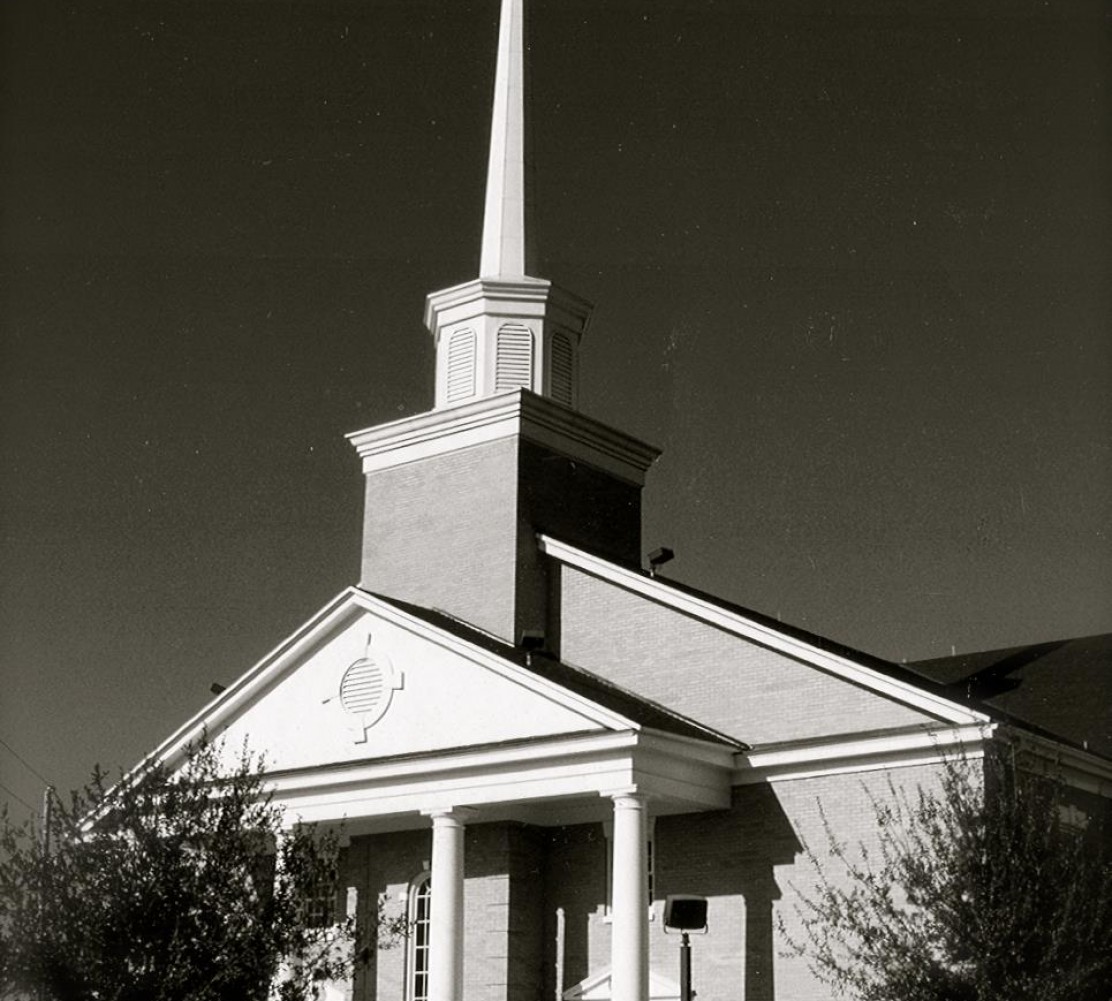Here’s the link for a video and article that are very ripe for illustrative purposes – both for finishing well and for the value of Christian accountability in discipleship.
I won’t summarize the whole story because you can read about and watch it at the link. Clearly, this could illustrate passages about running well, finishing our race, fighting the good fight, and more. Don’t forget about narrative contexts that this could fit with – like the lives of Saul, Solomon, Uzziah, Judas Iscariot, or Ananias and Sapphira.
But on top of that, notice what Molly Huddle said after losing: “I thought there was no one battling me down the home stretch…” Do you think she would have taken third place if she knew that Emily Infeld was right behind her? I’m sure of it. So, this story could also illustrate the Scriptural principle that we must “stir up one another to love and good works” (Hebrews 10:24). Molly’s awareness of someone “battling” her down the stretch would actually have caused her to win a medal! That’s a good kind of battle, like iron sharpening iron (Proverbs 27:17).
Tags: Saul, Solomon, Uzziah, Judas Iscariot, Paul, Ananias and Sapphira, Finishing Well, Discipleship, Accountability, Faithfulness, 1 Samuel 13, 1 Samuel 15, 1 Kings 11, 2 Chronicles 26, Proverbs 27, Matthew 26, Matthew 27, Mark 14, Luke 22, John 13, John 18, Acts 5, Philippians 1, 2 Timothy 4, Hebrews 4, Hebrews 10, Hebrews 11, Hebrews 12
